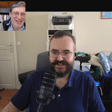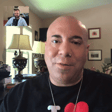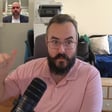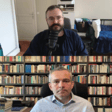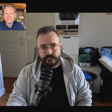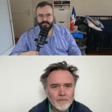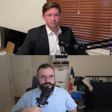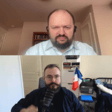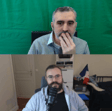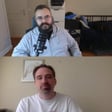
Ep 29 - Luke Niforatos, Smart Approaches to Marijuana - What Is Marijuana Rescheduling, And Why We Need To Crack Down On Pot
On this episode of the Sphere Podcast, Pascal-Emmanuel Gobry, Publisher of Sphere Media, interviews Luke Niforatos, co-founder and Executive Vice President of the Foundation for Drug Policy Solutions about, you guessed it, pot. Marijuana. Cannabis. The ganj. (Yes, nobody's said that since 1972.) The issue of marijuana rescheduling has been in the news lately, with President Trump saying he's considering it. Luke explains what marijuana rescheduling is, and why it would be a very big deal. Then the two have a broader conversation about marijuana and marijuana policy: why it really does melt your brain, why allowing big corporations to sell it would be a disaster, the evolving science on marijuana, why it's not just a matter of personal choice, the difference between marijuana and alcohol, and more.
Subscribe to the PolicySphere Morning Briefing: https://policysphere.com/subscribe
Smart Approaches to Marijuana: https://learnaboutsam.org/
Follow Luke on X: https://x.com/LukeNiforatos
Subscribe to the Sphere Podcast on Apple Podcasts: https://podcasts.apple.com/us/podcast/sphere-podcast/id1780831168
Subscribe to the Sphere Podcast on Spotify: https://open.spotify.com/show/48eWEcxSYDyrgjC3lO0EJZ
Subscribe to the Sphere Podcast on YouTube: https://www.youtube.com/@TheSpherePodcast

